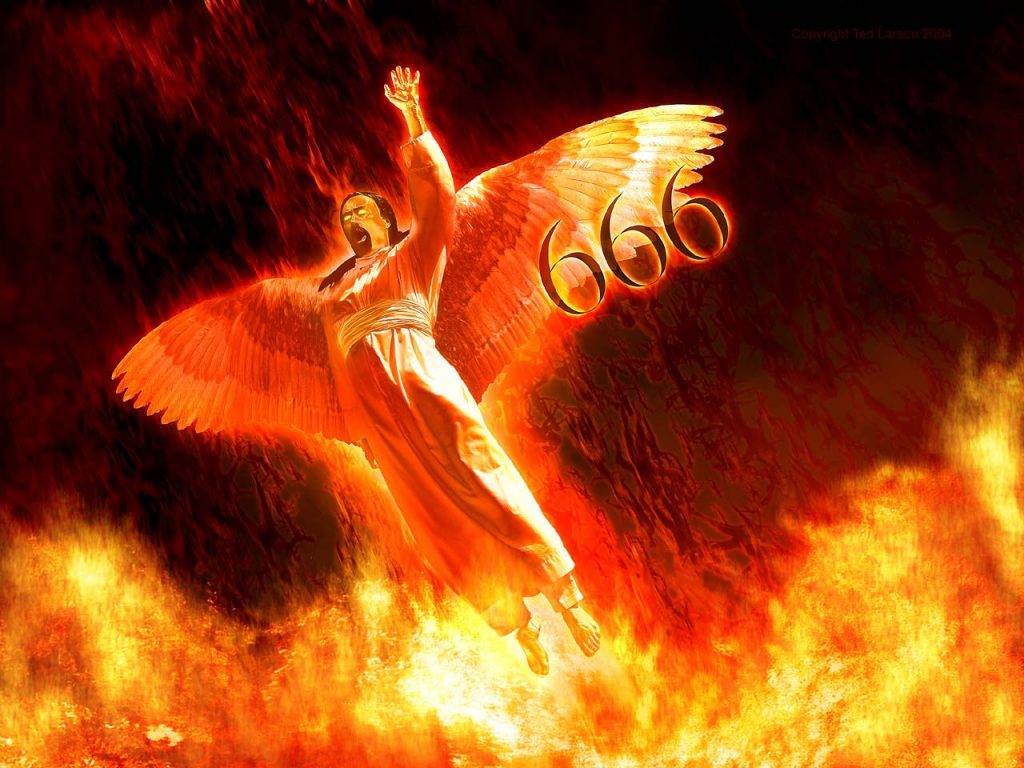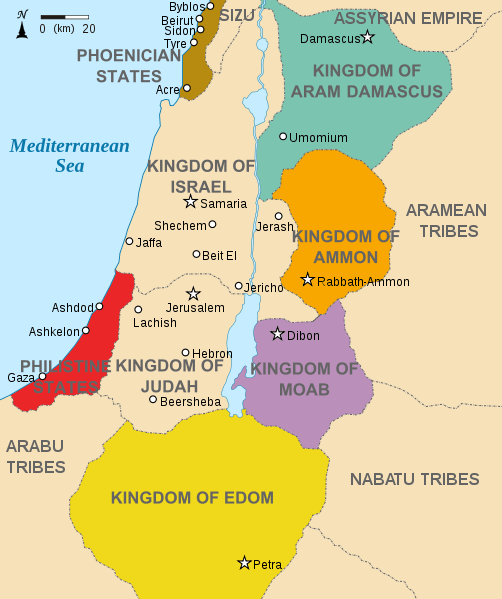Wednesday, July 6
Why do you judge your brother? Or why do you also look down on your brother? For we will all stand before the judgment seat of God.
It would be wrong to entertain baseless suspicions about our brothers and sisters. What is more, having a tendency to distrust the integrity of others in the congregation would be harmful to our own spirituality. Each Christian should “examine his own actions.” Because of our sinful inclinations, there is always the potential for inadvertently adopting traits that are less than sincere. So from time to time, we might examine our motives for serving Jehovah. We may ask ourselves: ‘Do I worship Jehovah out of love for him and in recognition of his sovereignty? Or do I place more emphasis on the physical blessings I hope to enjoy in Paradise?’ Surely we can all benefit from examining our own actions and removing any vestiges of hypocrisy from our heart
Commentary
Does the leadership of the Watchtower really believe that “we will all stand before the judgment seat of God”—as a congregated people? No, not really. Perhaps in their esoteric allusions it could be said that they do, such as their recent “adjustments” related to the faithful slave, ten virgins and the sheep and the goats, but straightforwardly there is no scriptural basis within the Watchtower’s teaching for Jehovah’s Witnesses to expect Christ to judge the institution that lays claim to being Jehovah’s exclusive, earthly organization. The reason is because Bethel has long taught Jehovah’s Witnesses that the judgment of the house of God has already occurred. Below are a few quotations from various Watchtower publication over the years:
Shortly after the beginning of the last days, or the “conclusion of a system of things,” the judgment started for those who claimed to be genuine Christians—whether they were actually “sons of the kingdom” or “sons of the wicked one.” “First” Babylon the Great fell, and “then” the sons of the Kingdom were gathered together at the start of the harvest….How long does the judgment last? Jesus referred to the harvest as a “season,” so it continues over a period of time. The judgment of the individual members of the anointed continues throughout the time of the end. It will last until they are finally sealed. —3/15/ 2010 WT (paragraphs 11-12)
The prophecy of Malachi foretold that Jehovah, “the true Lord,” accompanied by his “messenger of the covenant,” his newly enthroned Son, Christ Jesus, would come in judgment to inspect His “temple,” or spiritual house of worship. “The appointed time” for the ‘judgment of the house of God’ to begin evidently arrived in 1918. —4/1/2007 WT (Paragraph 4)
The parable continues: “After a long time the master of those slaves came and settled accounts with them.” (Matthew 25:19) In 1914—certainly a long time after 33 C.E.—Christ Jesus began his royal presence. Three and a half years later, in 1918, he came to God’s spiritual temple and fulfilled Peter’s words: “It is the appointed time for the judgment to start with the house of God.” (1 Peter 4:17; Malachi 3:1) It was time to settle accounts. — 3/1/2004 WT (Paragraph 15)
When judgment started with the house of God in 1918, the sectarian clergy of Christendom were giving open support to World War I, urging Catholics and Protestants on both sides to slaughter one another. — Revelation – Grand Climax
On both sides of the war, which was fought mainly in Christendom, the clergy preached the young men into the trenches. Millions were slaughtered. By the time that judgment started with the house of God in 1918, the United States had also entered that bloodspilling, and the clergy of all of Christendom had incurred a bloodguilt that still cries out for divine vengeance. – Grand Climax
From 1914 to 1918, these suffered greatly at the hands of Babylon the Great, but in 1918 the Lord Jehovah and his “messenger of the
[Abrahamic] covenant,” Jesus Christ, began judgment with “the house of God,” those professing to be Christians. Thus apostate Christendom was brought to trial.Jehovah and his “messenger of the covenant,” Jesus Christ, came to inspect the spiritual temple in 1918 C.E. Judgment then began with the “house of God” and a period of refining and cleansing commenced. (Mal. 3:1-3; 1 Pet. 4:17) Something else also occurred. Men manifesting the marks of an “evil slave” came forward and figuratively began ‘beating’ their fellow slaves. Jesus Christ had foretold how such ones would be dealt with. — Grand Climax
As regards the recent aforementioned “adjustments,” particularly as regards the appointment of the faithful slave over all the master’s belongings being reset to the future, the master comes to his house at an hour his slaves do not think likely and judges his slaves as to their faithfulness.
Although the New World Translation uses the expression “body of attendants” to describe those who are fed by the slave, the American Standard Version uses the word “household.” And the NWT marginal reference for the 12th chapter of Luke indicates that “household” is the literal meaning of the original.
The household is the congregation of Christ, which he comes to inspect. And even the Watchtower now teaches that the coming of the master to inspect his household has not occurred. Except, as is demonstrated by the few quotations above, the Watchtower also teaches that Christ has already come and inspected and judged the “household.”
Without dispute the Watchtower holds two contradictory points of view. On the one hand, the messenger of the covenant came in 1918 to initialize the judgment of the house of God and simultaneously the Watchtower teaches that Christ is coming at an hour nobody expects to judge the household of God. But both statements cannot be true.
Sadly, I doubt if any of Jehovah’s Witnesses are even aware of the blatant mis-handling of God’s word. No doubt that is why Bethel continually reinforces their dire warnings about “independent thinking.” “Independent thinking” is anything that does not originate with the Watchtower. And the Watchtower reserves to itself the sole authority to determine what is true. Even if what is taught is glaringly erroneous Jehovah’s Witnesses are required to accept it unreservedly until such time as the “slave” says what it previously taught is no longer true.
The prophecy of Ezekiel addresses this sort of double-talk, saying at Ezekiel 12:24: “The people will hear no more useless warnings and false messages.” — Contemporary English Version
But it is not just the judgment of the house of God. The Watchtower even teaches that the foretold “hour of the judgment by God” began in 1914. That hour of judgment includes all peoples of the world, not just the household. This in itself is also a contradiction, since it is an established principle that judgment begins with the house of God.
The hour of judgment no doubt coincides with the one-hour reign of the eighth king. However, that is theocratic history too. And although Jehovah’s Witnesses most likely have no idea that people of the world have already received the mark of the beast, that is exactly what the Watchtower teaches.
At Revelation 14:9, 10, a further aspect of ‘the hour of judgment’ is described. Another angel says: “If anyone worships the wild beast and its image, and receives a mark on his forehead or upon his hand, he will also drink of the wine of the anger of God.” Why? “The wild beast and its image” are symbols of human rulership, which does not acknowledge Jehovah’s sovereignty. Alert Christians are careful not to allow themselves to be influenced or to be marked — 10/1/2005 – WT (Paragraph 15)
If alert Christians are able to avoid getting the mark of the beast just how is that done? By avoiding saluting the flag or joining the military? But have not many of Jehovah’s Witnesses at one time been patriotic supporters of the political system? Since that is the case, how is it that they expect to escape condemnation since everyone who receives the mark do not have their names written in the book of life?
The fact of the matter is, the judgment of the house of God has not begun, neither has the hour of judgment arrived. The initial phase of that judgment will involve the burning down of the “house” —at least accord to the 4th chapter of Isaiah.
That is “When Jehovah washes away the filth of the daughters of Zion and rinses away the bloodshed of Jerusalem from her midst by the spirit of judgment and by a spirit of burning…”



